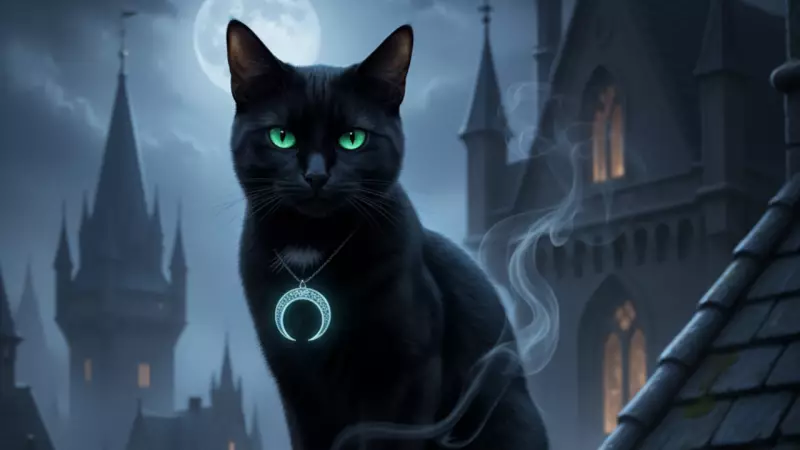
For centuries, black cats have prowled through human mythology and folklore, carrying with them a fascinating mix of fear, reverence, and mystery. These sleek felines are far more than just pets—they're cultural icons with stories that span continents and civilizations.
The Ancient Egyptian Connection
Long before black cats became Halloween symbols, they were worshipped in ancient Egypt. The goddess Bastet, often depicted as a lioness or as a woman with a cat's head, was associated with protection, fertility, and motherhood. Egyptians so revered cats that harming one was considered a serious crime, and families would mourn their feline companions by shaving their eyebrows.
Medieval Misconceptions in Europe
The dark reputation of black cats began during the Middle Ages in Europe. As the article explains, they became associated with witches and dark magic. Many believed witches could transform into black cats to move about unnoticed. This superstition became so widespread that Pope Gregory IX declared black cats to be incarnations of Satan, leading to mass killings of these innocent animals.
Contrasting Beliefs Across Cultures
While Western cultures often viewed black cats with suspicion, other parts of the world saw them quite differently:
- Japan: Black cats are considered symbols of good luck, particularly for single women seeking romance
- United Kingdom: British sailors believed having a black cat aboard would ensure a safe voyage
- Scotland: A strange black cat arriving at your home signals impending prosperity
- France: Certain regions believe black cats possess magical healing powers
The Modern Perspective
Today, animal shelters report that black cats are often the hardest to adopt due to lingering superstitions. However, many cat enthusiasts now celebrate these elegant creatures for their unique beauty and personality. Some countries have even instituted protections around Halloween to prevent mistreatment of black cats.
As we move further into the 21st century, the black cat continues to captivate our imagination—no longer as a symbol of evil, but as a beautiful creature with a rich cultural history worth understanding and celebrating.





